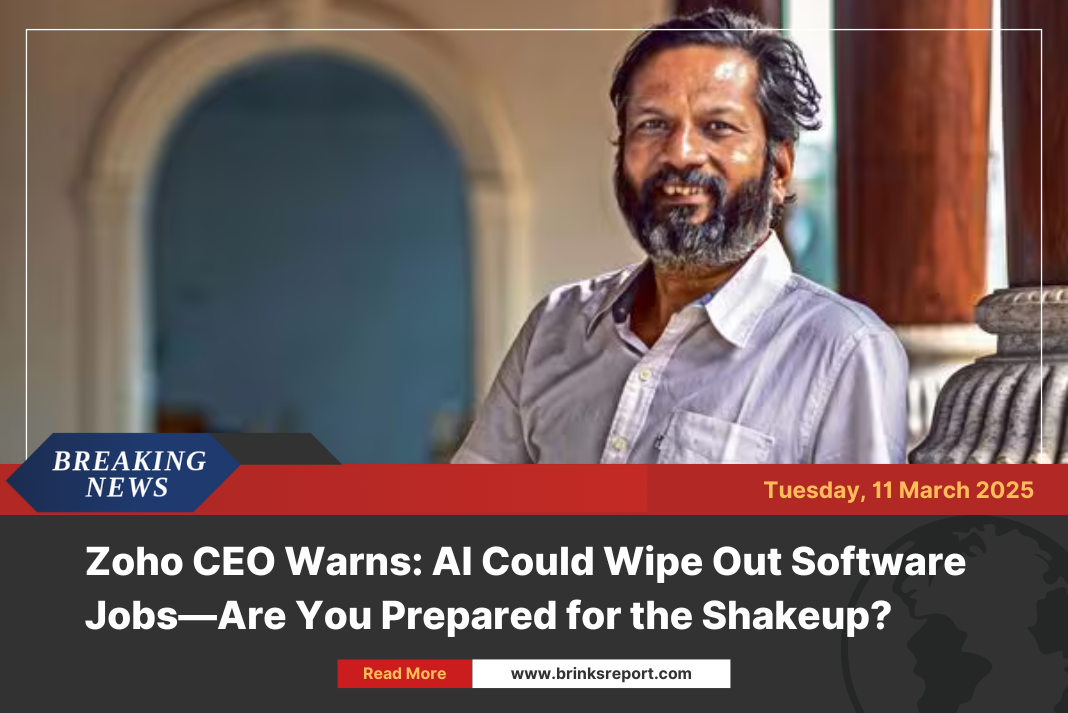
Nvidia is once again in the middle of a global storm. This time, it’s not about chips or AI, but about a serious warning from U.S. lawmakers.
On Friday, two U.S. senators—Jim Banks (Republican) and Elizabeth Warren (Democrat)—sent a tough letter to Nvidia CEO Jensen Huang. The message was clear: don’t meet with Chinese companies linked to the military or intelligence agencies during your trip to China.

The letter asked Huang to avoid any company on the U.S. restricted list. These are companies suspected of breaking U.S. chip export controls or helping China’s army. The senators warned that such meetings could look like approval of China’s military-linked tech firms.
“Your trip could legitimize Chinese firms that work with the army,” the letter said.
So Why Is This A Big Deal?
Nvidia is one of the top AI chip companies in the world. Its chips power everything from smart assistants to military drones. That’s why the U.S. wants to limit who gets access to these chips—especially rivals like China.
Last year, Nvidia created special chips for China that followed U.S. export rules. But in April, the U.S. said even those were too risky and blocked them. Huang said that would cost Nvidia $15 billion in lost sales.
Now, there’s even more tension.
What Is Huang Doing in China?
Jensen Huang was planning to visit China on Friday. He may meet with developers, researchers, and possibly company officials. That’s where the U.S. senators are drawing a red line.
They’re worried that Nvidia’s presence in China looks like support. They also mentioned Nvidia’s new research center in Shanghai as a bad sign.
And it’s not just about meetings. There are growing concerns that Chinese companies are trying to go around the export ban by using shell companies. One AI firm, DeepSeek, was even linked to China’s military.
What Does Nvidia Say?
A Nvidia spokesperson said something bold:
“America wins when our technology becomes the world standard.”
They also said China has the largest number of software developers, and it’s better if they use U.S. technology.
Huang even praised Donald Trump’s decision to ease some export controls at a recent tech event in Taiwan. He said the old rules failed, and stopping the spread of AI is impossible.
But the U.S. senators don’t agree. They say AI chips can be used for war and must be protected.
The U.S. is now working on new laws. These could force companies like Nvidia to check exactly where their chips go, no matter how they’re sold.
As Nvidia plans to launch a cheaper AI chip version for China, the pressure keeps building.
Also Read Nvidia CEO to Visit China as Firm Prepares China-Only AI Chip Launch in September












